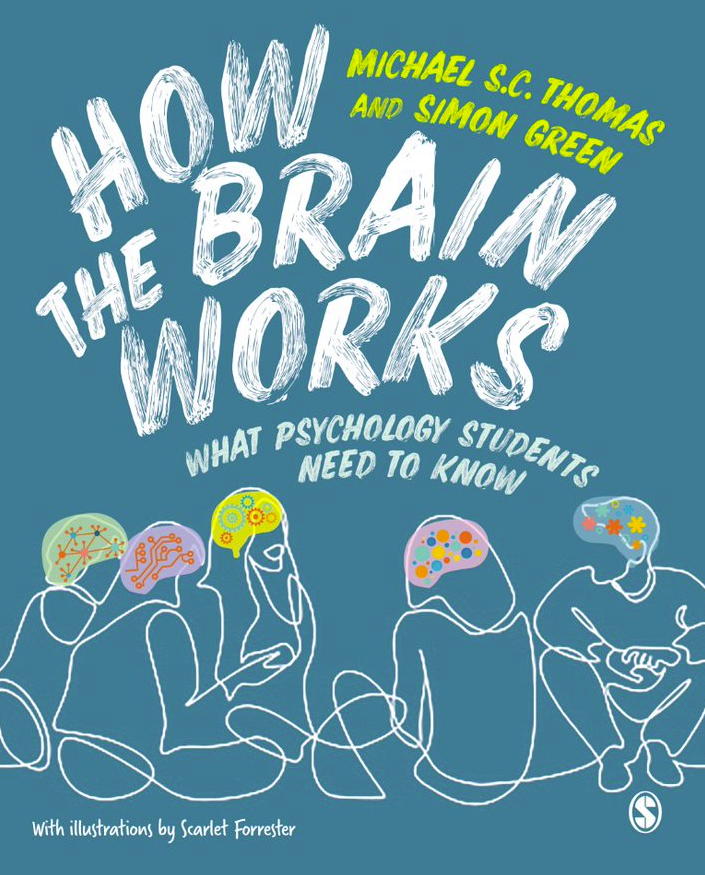Aims of the Lab
The aim of our research lab is to explore the basis of cognitive variability – that is, what makes individuals more or less able. We are interested in how cognitive abilities increase as children grow older, in how individuals of the same age can vary in their levels of intelligence, and in how cognitive abilities can be altered in developmental conditions such as autism and Down syndrome. We’re even interested in how our cognitive capabilities vary compared to other animals. Our research is currently or has been funded by the UK Medical Research Council, the British Academy, the Economic and Social Research Council UK, the Leverhulme Trust, and the European Commission. The DNL was formed in 2003. In 2006, it was part of the research team awarded the prestigious Queen’s Anniversary Prizes for Higher and Further Education.
In the post-genomic age, there is increasing interest in the link between genes and behaviour, as well as the impact of environmental influences. Twin study research indicates that genes can explain up to half the variation between individuals in their intelligence or personality traits, but heck, so can the environment. Genes have been strongly implicated in causing neurodevelopmental conditions. However, the link between genes (which express proteins within cells) and people’s behaviour is very indirect. Our goal is to establish cognitive level explanations of cognitive variability. A theory at this level can ultimately serve as a way to connect genes and behaviour. One day, we hope to answer the question: What computational property does your brain have more of if you’re intelligent?
We have three principal methods for pursuing this research: (1) We have a strong emphasis on building neurocomputational models of development. This allows us to explore in detail the computational parameters that can allow learning systems to acquire a more or less sophisticated understanding of their environment and ways to act upon it. Our work thus far has explored language and cognitive development in infants and children, intelligence and individual variability, and approaches to capturing differences in conditions including Williams syndrome, Down syndrome, autism, developmental language disorder (DLD), and developmental dyslexia. (2) We collect behavioural data to help us understand in more detail what is different about the cognitive systems of individuals with various levels of ability. This includes individuals at the upper and lower ends of normal variation, and individuals with developmental conditions. For the typically developing population, we are interested in understanding the link between intelligence and cognitive development. Is intelligence like having a little bit of extra cognitive development, so that less intelligent children will reach the same level of ability at a slightly later age? Or is intelligence something qualitatively different to development, so that more or less intelligent children think slightly differently whatever their ages? What about personality? Does that vary independently of intelligence? With regard to developmental conditions, our current focus is on language development, face processing, visuospatial cognition, and mathematical cognition in children with disorders including Williams syndrome, Down syndrome, autism, and DLD. (3) In collaborative work with colleagues at BUCNI, the Functional Imaging Laboratory at UCL, and St. Thomas’s Hospital King’s College London, we are using brain-imaging techniques to explore how neural processes alter across development, and how these patterns differ in developmental conditions.
A central theme of our research is that the effects of genes and environments must be viewed from a developmental perspective. And development needs to be understood in the context of evolution. Whatever parameters produce more or less effective cognitive systems (be they altered genes or different environments), these serve as constraints that shape the developmental processes. The DNA variants that are in a population may or may not have been selected by evolution. Both in our empirical and computational work, we therefore focus on developmental trajectories. In this perspective, we have been particularly influenced by the work of (among others), Annette Karmiloff-Smith, Elizabeth Bates, Mark Johnson, Jeffrey Elman, Jay McClelland, David Rumelhart, Mark Seidenberg, Kim Plunkett, Virginia Marchman, David Plaut, Barbara Finlay, and Dorothy Bishop, and are much indebted to these researchers. Annette Karmiloff-Smith was a co-founder of the lab, and fundamental to our thinking. We still miss her, and the energy, passion, and joy she brought to science.
In some of our work, we have considered the implication of our theoretical research for education, as part of the University of London Centre for Educational Neuroscience.
Theoretically, we have now decided we ought to be evolutionary neuroconstructivists.
Ever wondered how the brain works?
We recently wrote a book on how the brain works, because it turned out not to be that complicated after all. Worth a look:

Albeit, the consciousness thing turned out to be a bit fiddly.
Schedule of Lab Meetings
Information on meeting schedule for lab members can be found here.
Grant support
Our research is supported by grants from the UK Medical Research Council, the British Academy, the Economic and Social Research Council UK, the Education Endowment Foundation, the Wellcome Trust, the Leverhulme Trust, the Waterloo Foundation, Baily Thomas Charitable Fund, the Jerome Lejeune Foundation, and the European Commission, as well as studentships from the UK Medical Research Council, the UK Economic and Social Research Council, The Bloomsbury Colleges PhD Studentship scheme, and the Greek State Scholarship Foundation (IKY).



















